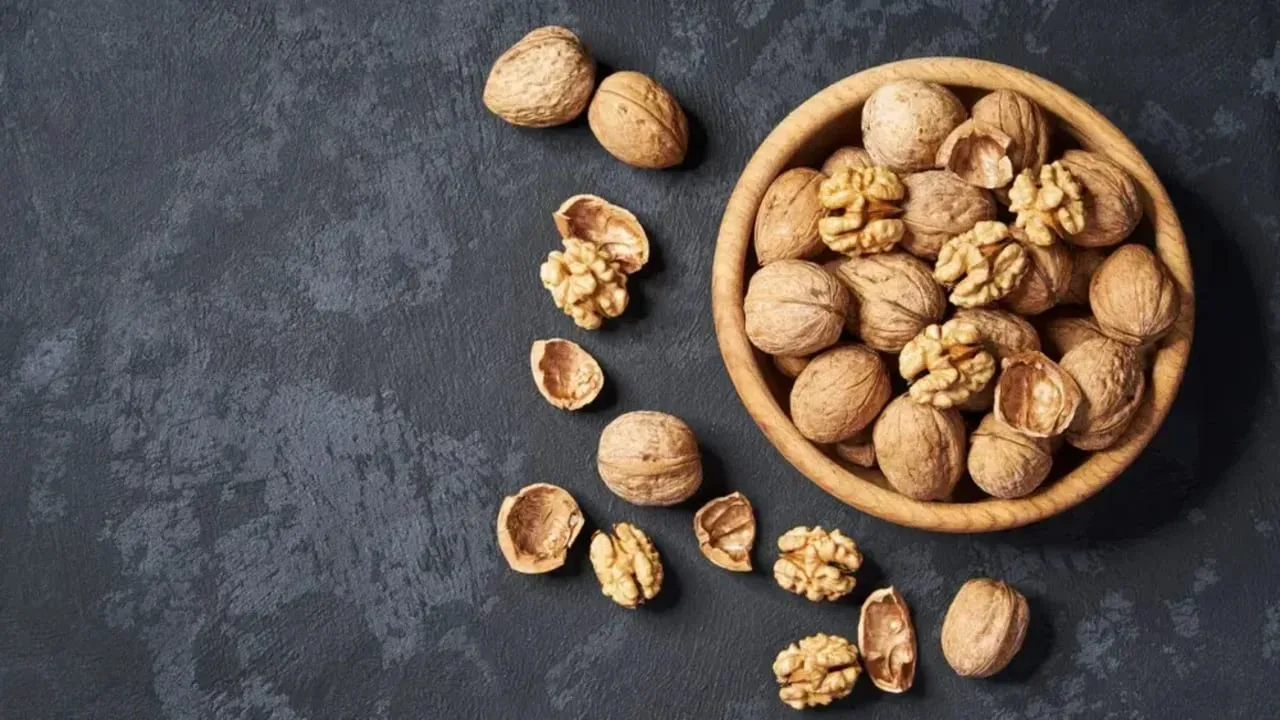In a study that tracked the diets of more than 205,000 adults over decades, French fries were associated with an increased risk of developing type 2 diabetes (T2D), while other forms of potatoes—including baked, boiled, and mashed—were not.
According to Medical Xpress, the study, led by Harvard T.H. Chan School of Public Health also found that swapping any form of potato for whole grains may lower the risk of T2D.
The study was published in the BMJ.
According to the researchers, while previous studies hinted at a link between potatoes and T2D, the evidence was inconsistent and often lacked detail on cooking methods and the potential effects of substituting other foods for potatoes.
"Our study offers deeper, more comprehensive insights by looking at different types of potatoes, tracking diet over decades, and exploring the effects of swapping potatoes for other foods," said lead author Seyed Mohammad Mousavi, postdoctoral research fellow in the Department of Nutrition.
"We're shifting the conversation from, 'Are potatoes good or bad?' to a more nuanced—and useful—question: How are they prepared, and what might we eat instead?"
The researchers examined the diets and diabetes outcomes of 205,107 men and women enrolled in the Nurses' Health Study, Nurses' Health Study II, and Health Professionals Follow-up Study.
For more than 30 years, participants regularly responded to dietary questionnaires, detailing the frequency with which they consumed certain foods, including French fries; baked, boiled, or mashed potatoes; and whole grains.
They also reported on new health diagnoses, including T2D, and various other health, lifestyle, and demographic factors, which the researchers controlled for. Over the course of the study period, 22,299 participants reported that they developed T2D.
The study found that three servings weekly of French fries increased the risk of developing T2D by 20%. Baked, boiled, and mashed potatoes were not significantly associated with T2D risk.
The researchers calculated, however, that eating whole grains—such as whole grain pasta, bread, or farro—in place of baked, boiled, or mashed potatoes could reduce the risk of T2D by 4%. Replacing French fries with whole grains could bring T2D risk down by 19%. Even swapping refined grains for French fries was estimated to lower T2D risk.
The researchers complemented their study with a novel meta-analytic approach to estimate how swapping potatoes for whole grains could affect the risk of T2D, using data from previously published cohort studies.
This involved two separate meta-analyses: one based on data from 13 cohorts examining potato intake and the other from 11 cohorts on whole grain intake, each encompassing over 500,000 participants and 43,000 T2D diagnoses across four continents. The results were closely consistent with those of the new study.
"The public health message here is simple and powerful: small changes in our daily diet can have an important impact on the risk of type 2 diabetes. Limiting potatoes—especially limiting French fries—and choosing healthy, whole-grain sources of carbohydrate could help lower the risk of type 2 diabetes across the population," said corresponding author Walter Willett, professor of epidemiology and nutrition.
"For policymakers, our findings highlight the need to move beyond broad food categories and pay closer attention to how foods are prepared and what they're replacing. Not all carbs—or even all potatoes—are created equal, and that distinction is crucial when it comes to shaping effective dietary guidelines."

















